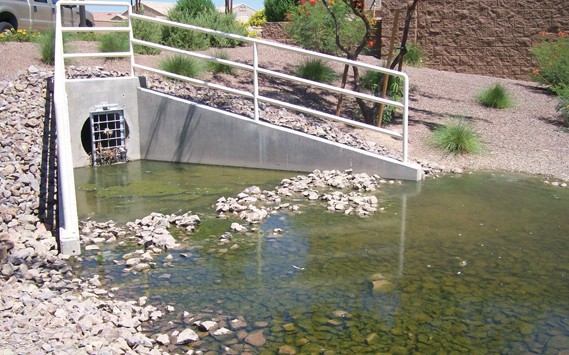We all know that a child’s baby teeth will eventually fall out. Does that mean they don’t need to be taken of?
Baby teeth play an important role in helping a child bite, chew food and speak clearly. They also help permanent adult teeth grow into the correct position by acting as placeholders.
It’s important to keep children’s tiny teeth healthy and strong. There’s no better time to start than now. The American Dental Association designates February as National Children’s Dental Health Month.
Many culprits lead to tooth loss in children, but by far the most common cause is tooth decay. According to the National Health and Nutrition Examination Survey, about 42 percent of all children, ages 2-11, were found to have cavities in their baby teeth. Tooth decay (cavities) is one of the most common chronic conditions of children in the United States. Untreated tooth decay can cause pain and infections, which may lead to problems with eating, speaking, playing and learning. It also contributes to absence in school due to pain and dentist appointments.
For parents of young children or soon-to-be parents, here are some helpful tips to prevent tooth decay in children.
First, it is recommended children be seen by a dentist by the time they celebrate their first birthday.
Second, use fluoride toothpaste and drink tap water containing fluoride. The incorporation of fluoride strengthens teeth and helps prevent tooth decay. However, using too much fluoride can lead to dental fluorosis, which is when the teeth become rough and discolored. Therefore, consult a dentist about the appropriate amount of fluoride.
Third, create lifelong healthy habits for children by having them brush twice a day for two minutes and floss.
Lastly, maintain a healthy diet and limit the amount of sugar intake. A balanced diet helps children grow. It can also drastically decrease the risk of tooth decay, keeping tiny teeth healthy and strong.











